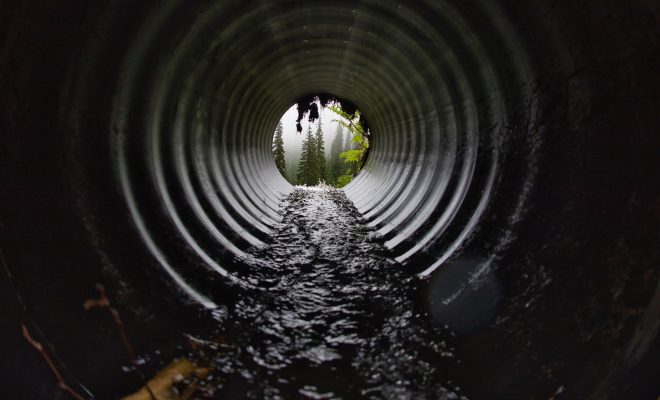
How often should you clean your sewer line and why?
How often should you clean your sewer line and why?
Let’s face it – owning your home is a lot of work. Maintenance, clean-up, fixing things up, it all takes its toll, it takes a long while to get it one and to get it done right. Everything from maintaining your roof, to fixing your plumbing, to even working on the backyard can add up. And on top of all that you have hidden problems, issues that many people forget about, but that have serious consequences if you let them go untreated. One of these issues is your sewer line.
Namely, sewer lines are hidden, they are hard to reach and hard to recognize. If you let them get out of control, you can expect your lines to overflow, leading to clogs, obvious health hazards, and general discomfort. So, unless you want o deal with a potential disaster, as well as wanting to avoid serious issues and problems, and above all, very serious costs, we advise you clean up your sewer lines.
How often should you have them cleaned
We suggest you have your lines cleaned at least once every year and a half. Basically, every 18 months is pretty good. However, if you have historically had issues with these lines for some time now, if they clog up often, then having them clear once per year might be a good idea.
If need, know that some professional sewer and stormwater repairs give you a kind of video inspection option. A plumber will show up, get a camera, and do a video inspection completely, and thoroughly. They will then know in what state of disrepair (if any) are your pipes in.
Warning signs – get them cleaned right away
We suggest you have your pipes cleaned on a regular schedule. However, there are times when you should have them cleaned up more often, certain warning signs you need to take heed of if you want to avoid further trouble and high costs.
So, listen for gurgling sounds that might be coming up from your drain, toilets, or bathtubs. You might see raw sewage come up from these areas, or perhaps just water. Slower draining, foul sewer odours, water everywhere, water backing up from multiple areas, a waterlogged basement… You get the idea – your main warning signs are water and smells that simply shouldn’t be there.
Core problems
Now, there are several core problems that might make your situation worse. There are three core problems – roots, grease, bellied piping.
Now, tree roots are major problems. Namely, tree roots will go deep and get tangled over and deep into the pipes. The roots grow, they fill up the pipes, then clog them up completely, breaking the pipes, and causing trouble. Filled up pipes cause clogs, back up the water, and are handled with just some elbow grease and a paid plumber. Cracked pipes, however, require a huge amount of effort to fix. You will need to have them repaired, or maybe even replaced.
Next, bellied piping also cases trouble. This is simply a sag found in your pipes. It’s called “bellied piping” because the pipes sage, making them slope down, leading to an effect that makes the pipes look like they have a “belly”. The most common cause is the soil around your piping becoming too loose, making it unstable, forcing the pipes to sink further and further, while accumulating weight on one side. Now, this gets worse and worse because a belied pipe starts accumulating waste in one area, in the “belly”, leading to a very serious blockage that is harder to fix than most clogs. Usually, you can clean up the clog by putting the right amount of chemicals (and some elbow grease). This one, however, is a combination of mechanical issues, and actual clogs.
Finally, grease. Grease is the worst thing for your pipes that you can always avoid easily and simply. Namely, most often people just pour out their grease, right down the drain. However, grease doesn’t just flow through your pipes. Rather, it solidifies, hardens up, creating very severe clogs and blockages.
What you can do
First of all, you can always simply call up the professionals and have them handle everything. However, if you prefer the hands-on approach, or simply have some experience with this type of work but don’t know where to start, we have a couple of suggestion.
First of all, if you are having problems with roots, we suggest you get a mechanical auger. This is a sewer auger with a spiral head that has teeth, that will easily and quickly cut through any deciduous obstructions. Or, you can get some chemical tree root removal chemicals.
Using a hydro jet that breaks up clogs and calcified grease is also a great option. These jets are powerful enough to break through most of these blocks, making your life much easier and simpler when it comes to blocks.
And there you have it folks – how often you should clean your sewer lines, and why it matters. The key takeaway here is – do it regularly, because it’s cheaper that way, both in terms of money and in terms of effort. While cleaning things up, investing in the right machinery, calling up the professionals, it all takes time and effort, you are saving yourself from a lot of trouble down the line. The effort needed to fix things up, the expense that will await you later are a tragedy when compared to how little you need to maintain and fix things up.














